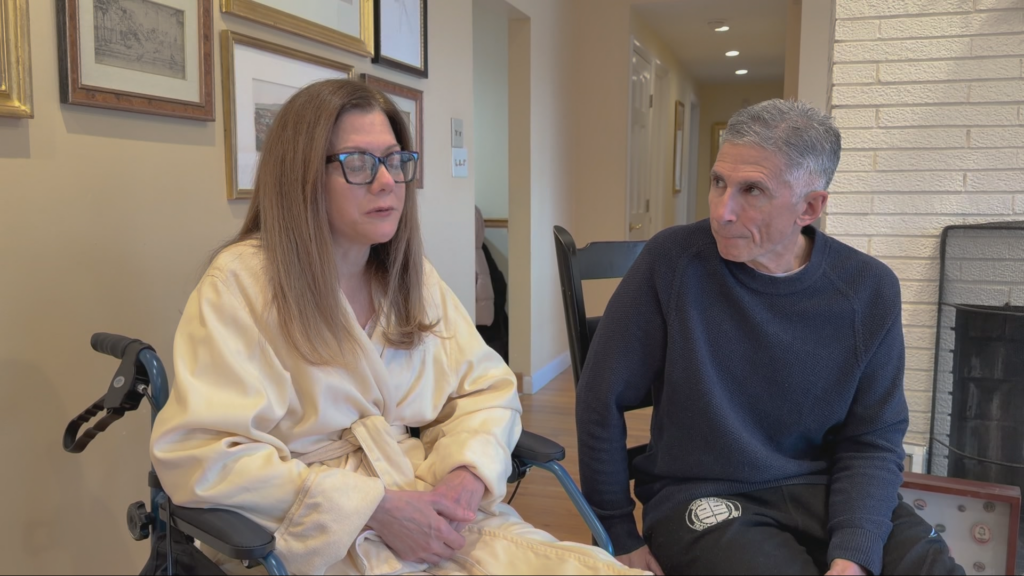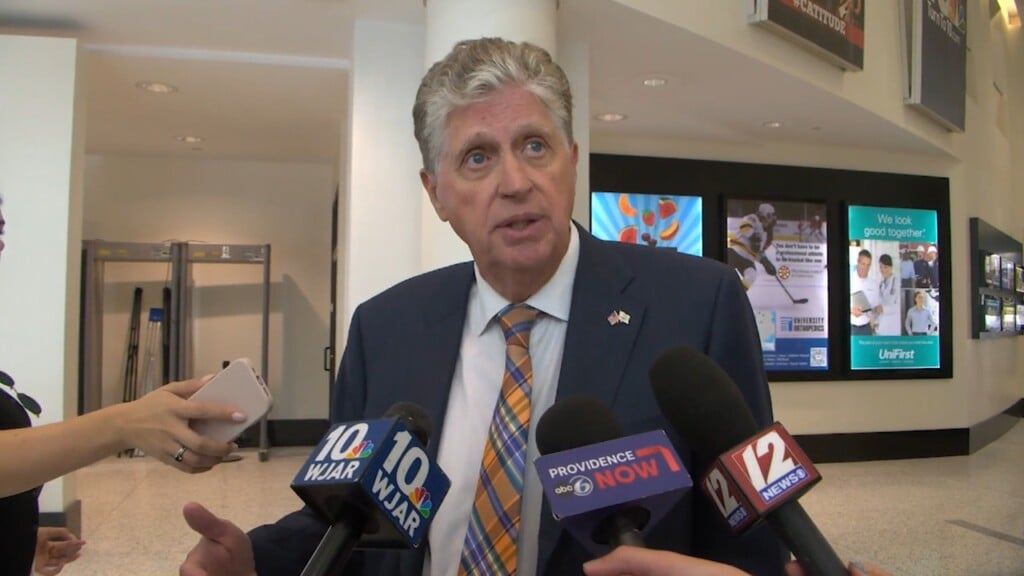Top Tips To Beat Frigid Temperatures
Local experts share ways to avoid tragedy as temperatures drop.

PROVIDENCE, RHODE ISLAND (WLNE) – With Tuesday’s temperature set to dip into the single digits, experts are warning Rhode Island residents to be prepared.
“With the temperatures we’re expecting over the next 24-36 hours, you can get frostbite in as little as maybe 5-10 minutes outside,” warns Clara Decerbo, Director of the Providence Emergency Management Agency (PEMA).
The anticipated weather patterns are expected to have a real-feel of zero degrees, enough to cancel much-needed COVID testing in cities like New Bedford at the height of a surge in cases. In Rhode Island, staying COVID-safe at local warming centers such as Crossroads in Providence is an additional challenge officials say they’re prepared to face with a supply of sanitizer, on-site testing, and KN-95 masks. (To view a full list of warming centers in Pawtucket, please click here.)
Yet Massachusetts State Fire Marshal Peter Ostroskey says staying warm isn’t the only threat when temperatures drop. “As this cold snap takes hold, our first line of defense anytime is to make sure we have working smoke and carbon monoxide alarms. When those alarms go off, get outside, stay outside, and call 911.” Ostroskey says while invisible to the human eye, carbon monoxide is an often forgotten hazard easily caused by a turn to alternative heating sources such as a pellet stove, running car or exhaust from a power generator. “We see that too often that carbon monoxide is introduced through those kind of events and if there’s no working carbon monoxide alarm..that’s just a recipe for disaster.”
Once you’ve checked your alarms, GEM Plumbing Install Manager Eric Peloquin says you’ll want to also check your thermostat to avoid freezing pipes. “The first step a homeowner can take is to turn the thermostat up a couple degrees. Don’t mind the couple extra dollars that you might spend, ’cause that extra couple dollars you might spend to heat that night can save you thousands of dollars in the long run.”
For those on the road, you’ll want to make sure you fill up with plenty of gas to avoid a freezing gas tank, blankets and gloves, and an emergency kit. According to CEO of DrySee Brad Greer, only 48% of Americans have emergency kits in their homes..and even less in their cars.
“We’re typically overconfident about our driving abilities in inclement or dangerous weather, and that’s why we need to have those first aid kits and emergency kits before we leave the house.”
Of course, we can’t forget about Fido. While it’s safe to take the dog for a walk or let the cat stretch their legs, Animal Control Officer Wendy Tavares of East Greenwich says you’ll want to make it no longer than 15 minutes – and keep it to less if you can.
Other tips include clearing chimneys, checking in on elderly or mobility limited neighbors, making sure pellet or wood stoves have been inspected by a professional, and charging up your phone in case of an outage.



